The leader of a Japanese fishery industry group said they would continue to oppose the dumping of nuclear-contaminated wastewater during talks with the Japanese Prime Minister Fumio Kishida and other government officials on Monday. However, the objection was apparently disregarded by the government as Kishida plans to start dumping the contaminated water into the sea as early as Thursday.
Local Japanese politicians and representatives of the Fukushima fishery group reached by the Global Times expressed their opposition to the dumping plan. At the same time, a top Chinese expert on nuclear safety who requested anonymity questioned the science and legitimacy of the disposal plan and the reliability and effectiveness of the ALPS - the multi-nuclide removal system - and stressed the unpredictability and uncertainty of the damage toward human health, bio safety and the global environment once the discharge begins.
Also on Monday, Chinese Foreign Ministry spokesperson Wang Wenbin once again condemned the Japanese government's dumping push, calling it is a serious breach of trust. The spokesperson warned of the irreversible consequences of the dumping.
These remarks came as Kishida on Monday met with the head of the National Federation of Fisheries Cooperative Associations ahead of the planned release into the ocean of nuclear-contaminated wastewater from the Fukushima Daiichi nuclear power plant.
The Kyodo News reported that Kishida told Masanobu Sakamoto that the "safety" of the so-called ALPS-treated water was ensured. "We'll continue taking necessary measures to ensure fisherfolk can continue their livelihoods with peace of mind, and we pledge to continue doing so even if the water release takes a long time."
Sakamoto stressed that his organization as a whole remains opposed to the dumping plan, noting he is "greatly concerned" about the discharge.
Tadaaki Sawada, chief of the guidance section of the Fukushima Prefectural Federation of Fisheries Cooperative Associations, told the Global Times on Monday that the Fukushima fishery group and local fishermen as a whole remain opposed to the dumping of the contaminated water.
However, a dangerous trend was seen during the talks between the Japanese fishery associations and the Japanese government as Sakamoto said members of the fishing community have gained some confidence in the safety of the water following an International Atomic Energy Agency (IAEA) report and explanations by government officials in recent weeks, signaling easing of their position.
According to NHK on Monday, Kishida said at a press conference after meeting with the fishery group that they have reached a certain understanding with the fishermen and plan to start the dumping process as early as Thursday.
A ministry meeting is planned to be held as early as Tuesday to finalize the date to begin discharging the contaminated water.
Some observers said it is not surprising that the Japanese national fishery group has seemingly relented in its opposition.
Huang Xingyuan, China's representative director of the Tokyo-based Japan-China Friendship Center, told the Global Times on Monday that the two parties must have done some work and carried out talks in private and some compromises may have been made by the fishery group given that the Japanese government has promised compensation.
According to the Kyodo News, the government has set up funds worth 30 billion yen ($206 million) to overcome any reputational damage and 50 billion yen to ease potential economic damage and support local fishermen in sustaining their businesses.
Junichi Tamatsukuri, a Japanese lawmaker from Ibaraki Prefecture, which borders Fukushima, told the Global Times that the Japanese government and Tokyo Electric Power Co. (TEPCO) are working on the premise that they will dump the radioactive water into the ocean from late August to early September.
Tamatsuki revealed a worrying and tough political situation that not only the Japanese ruling LDP-Komeito Coalition but also some of the opposition parties have started to favor the disposal plan.
"However, I don't think the dumping process will be easy because many Japanese citizen groups and local stakeholders in Fukushima and surrounding prefectures are stepping up their efforts to oppose the discharge before the Japanese government reaches a understanding with the locals and gets their consent," Tamatsuki said.
In 2015, the Japanese government, TEPCO and Japanese fishery associations signed an agreement, stating nothing would be done "about the nuclear-contaminated water from Fukushima without the understanding and consent of relevant people."
By reneging on its promises, the government has broken its trust both with the Japanese public and with the international community, Chinese Foreign Ministry spokesperson Wang Wenbin criticized.
Amid lingering public concerns over the national identification card system, inflation and the disposal of the contaminated wastewater, Kishida's disapproval rate hit 50 percent for first time since December 2022, a Kyodo News poll showed on Sunday.
A total of 88.1 percent were concerned over the potential economic damage stemming from the government plan to discharge the wastewater. Also 81.9 percent said the government's explanation on the issue was "insufficient."
Once the nuclear-contaminated water is discharged into the sea, it will be irreversible, Wang warned, urging the Japanese government to meet the legitimate and reasonable concerns of the Japanese people and the international community, and stop pushing ahead with the dumping plan.








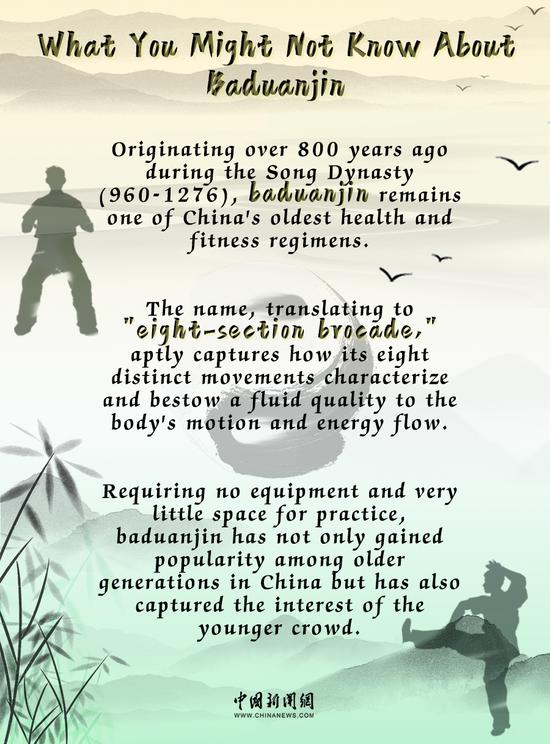
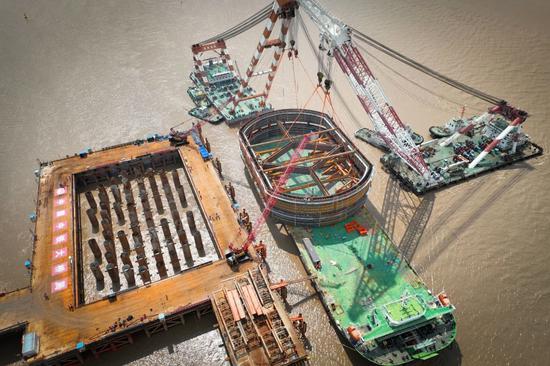
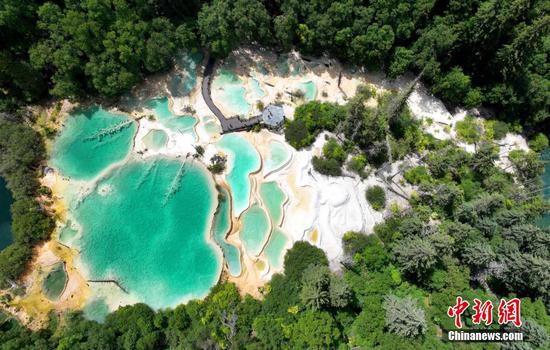
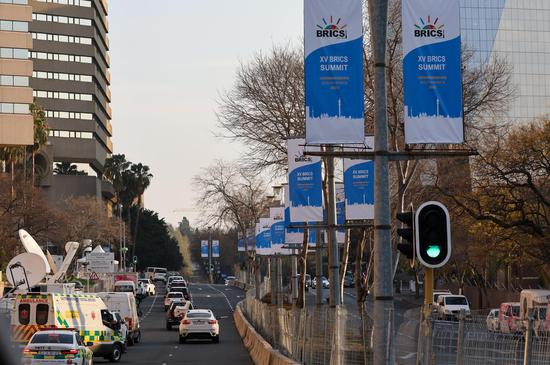



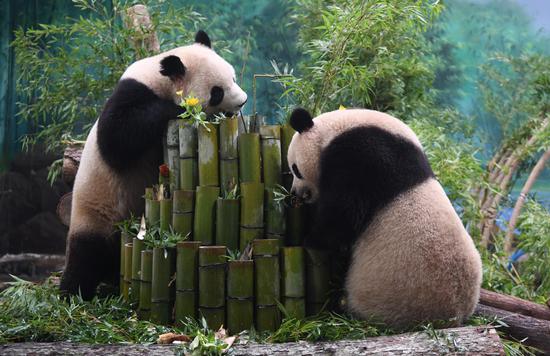
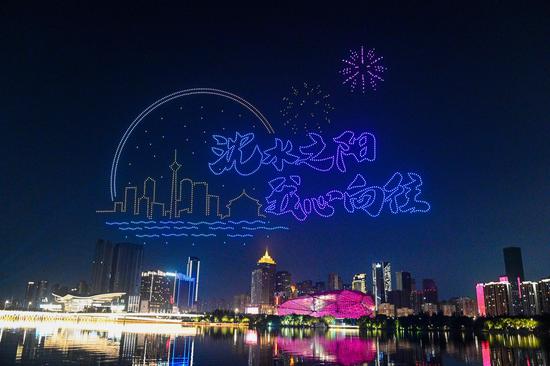
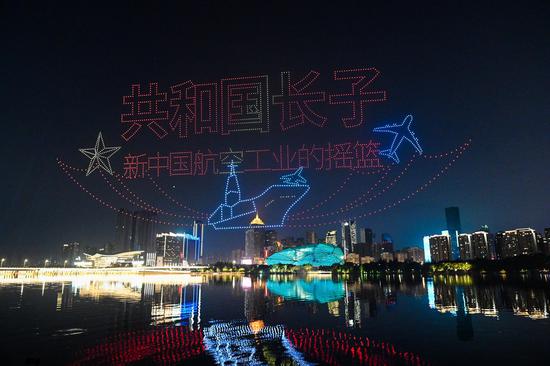
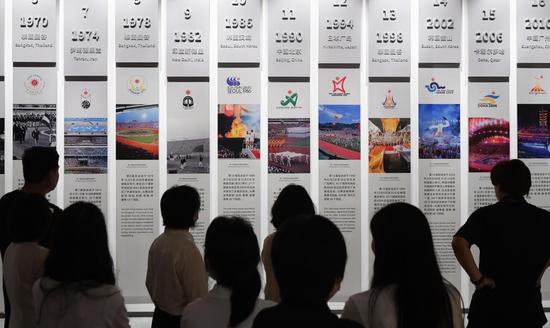



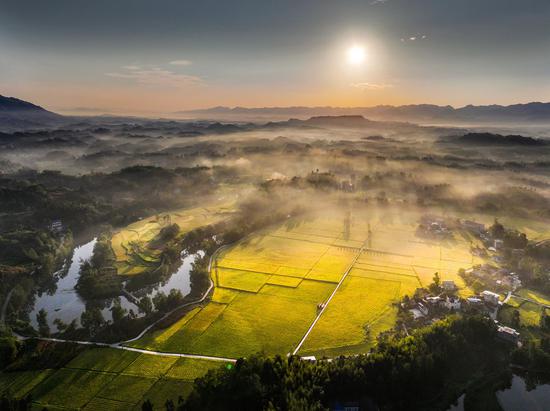
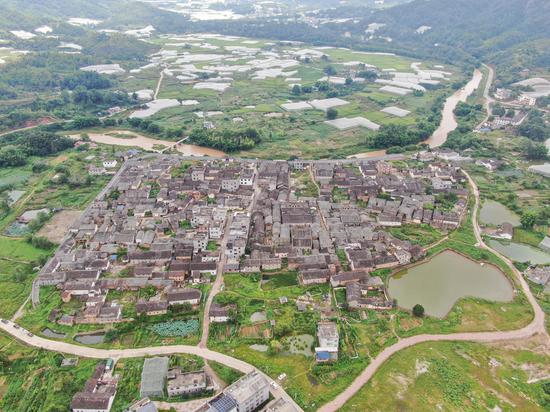
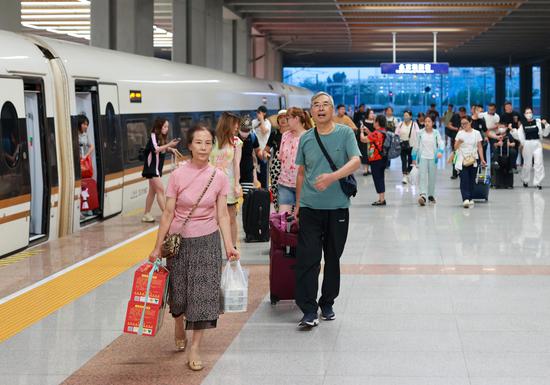

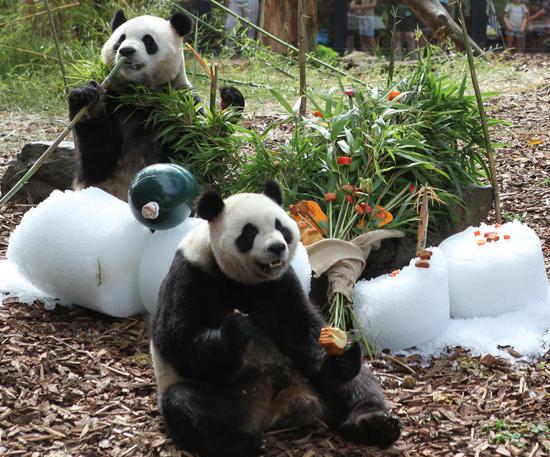

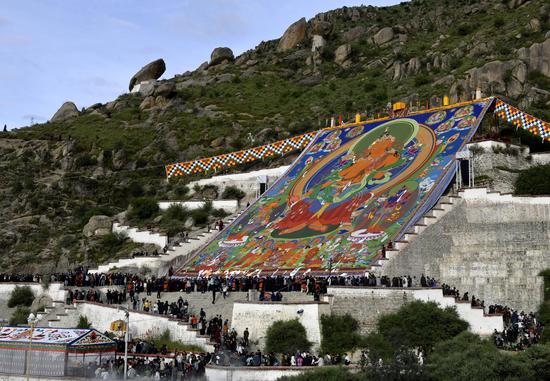
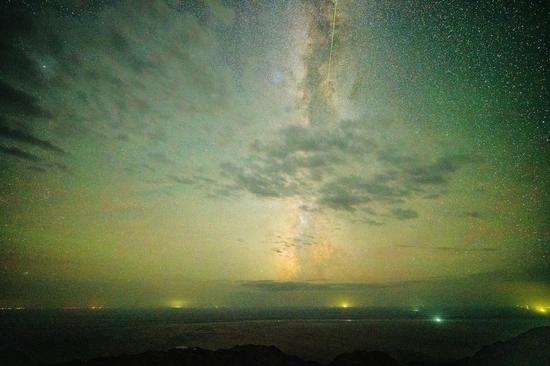
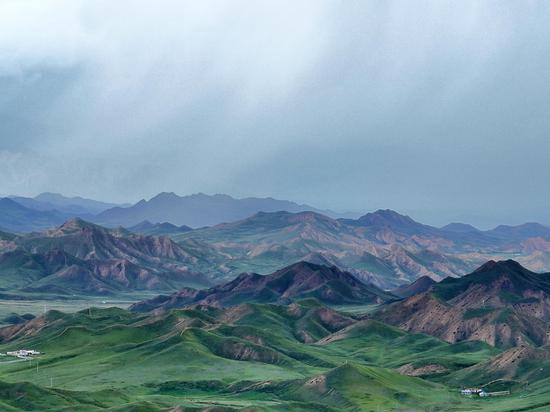
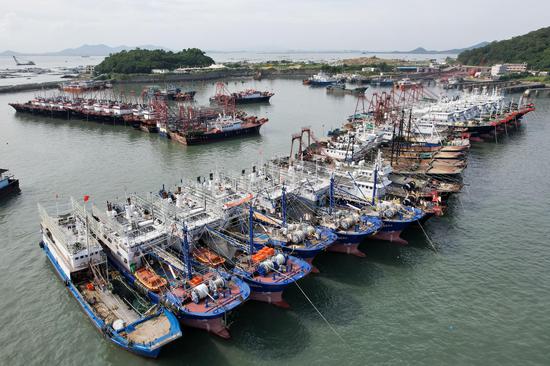

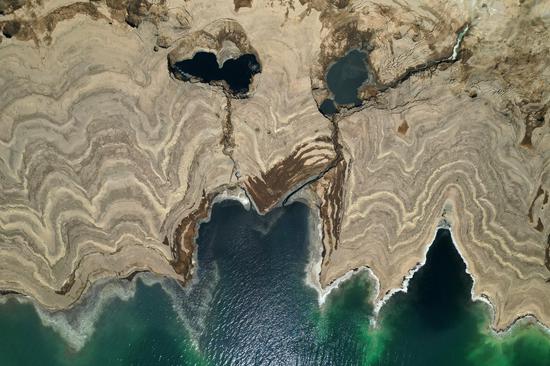

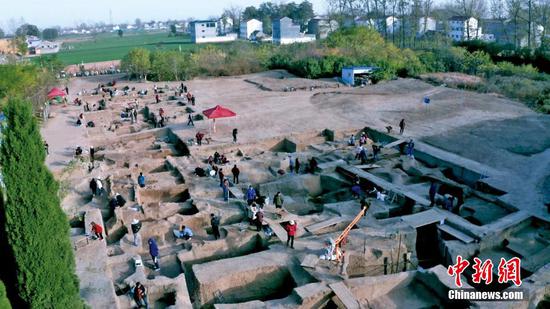
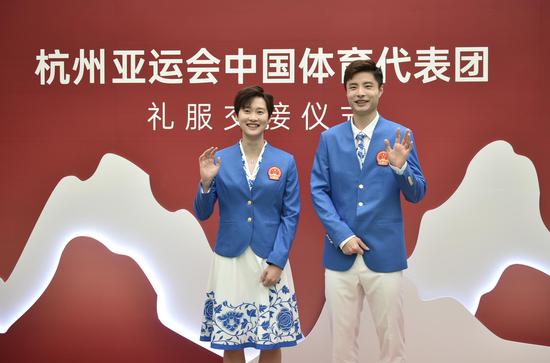
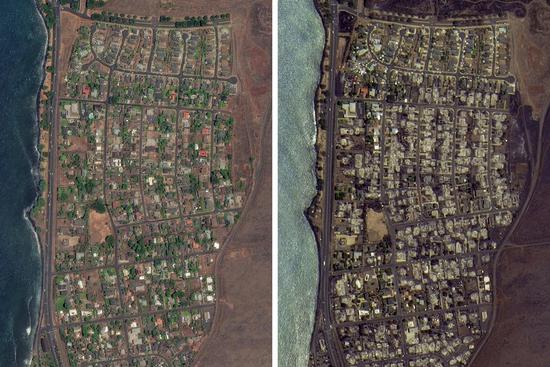

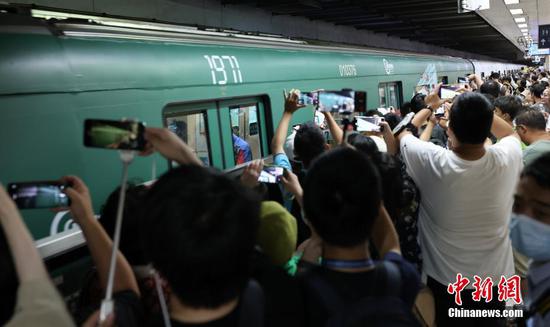
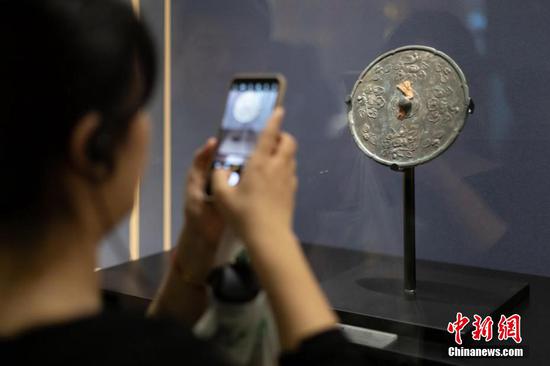
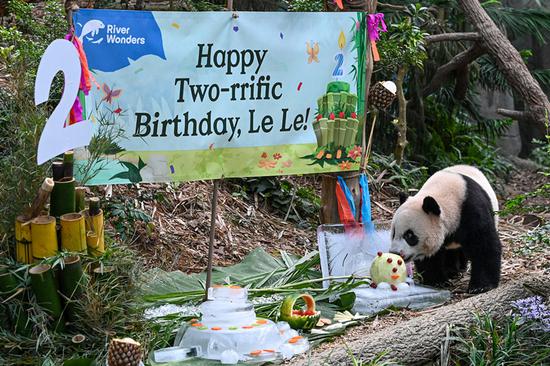
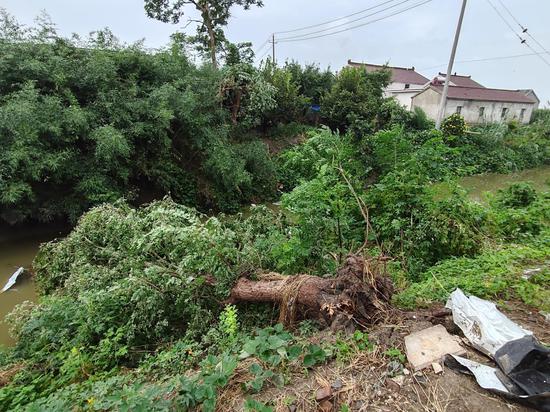
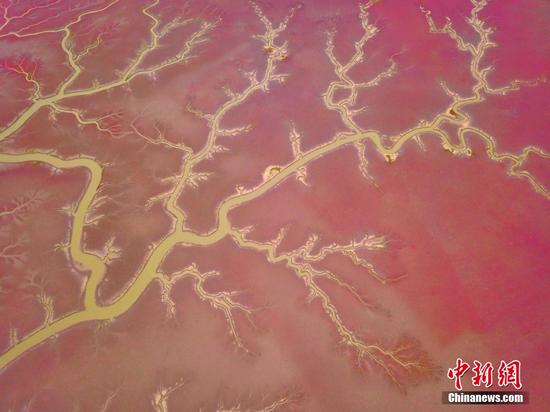
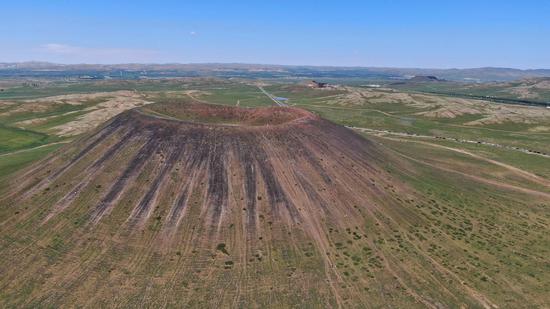





 京公网安备 11010202009201号
京公网安备 11010202009201号